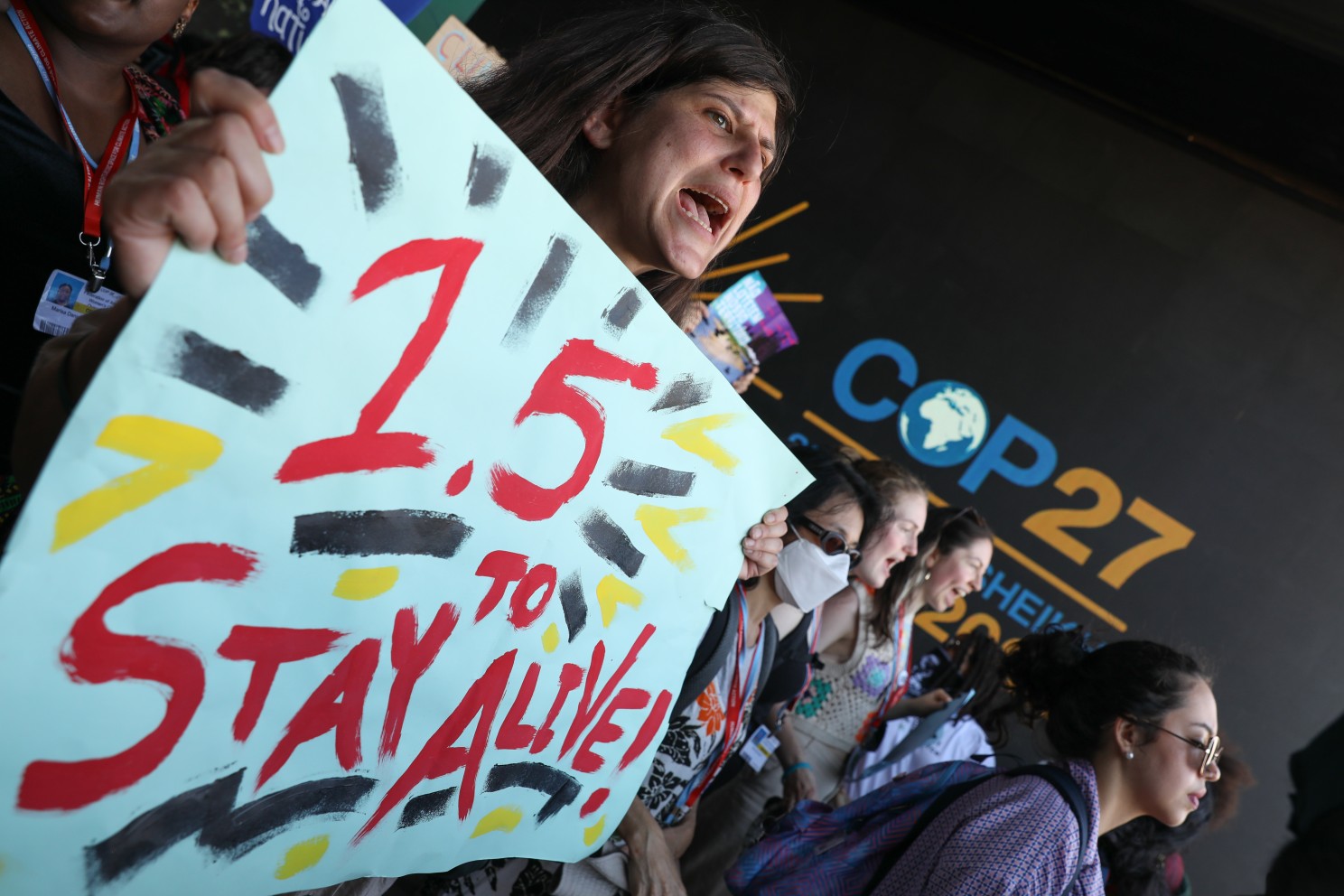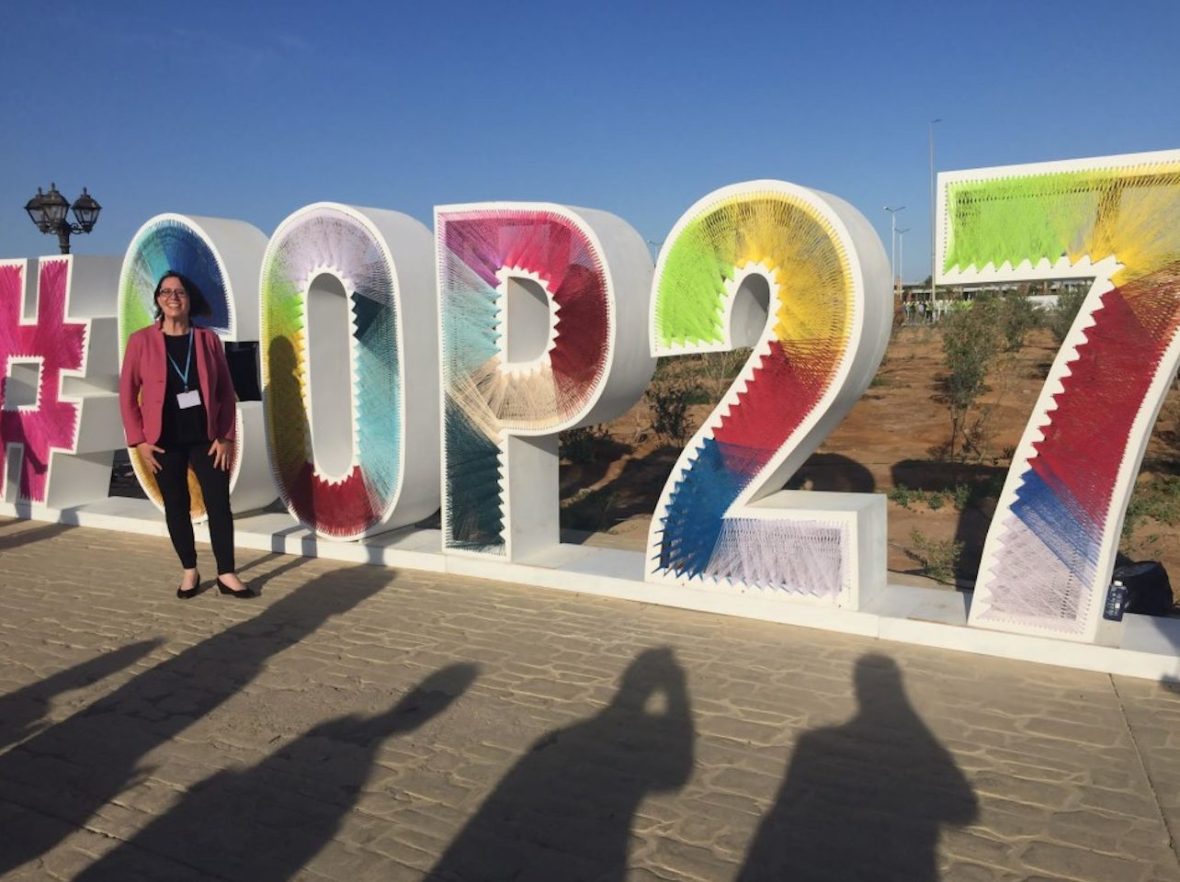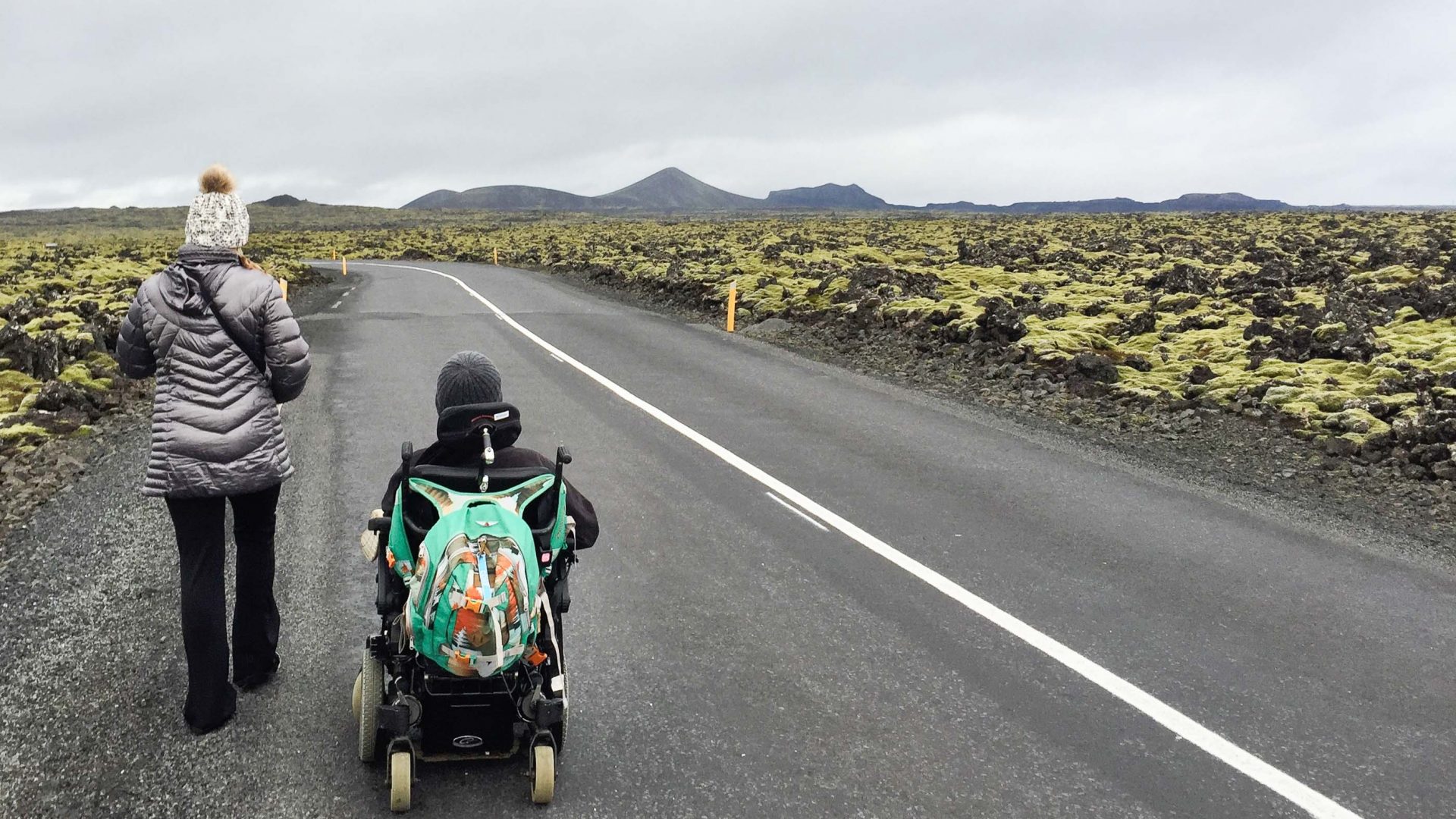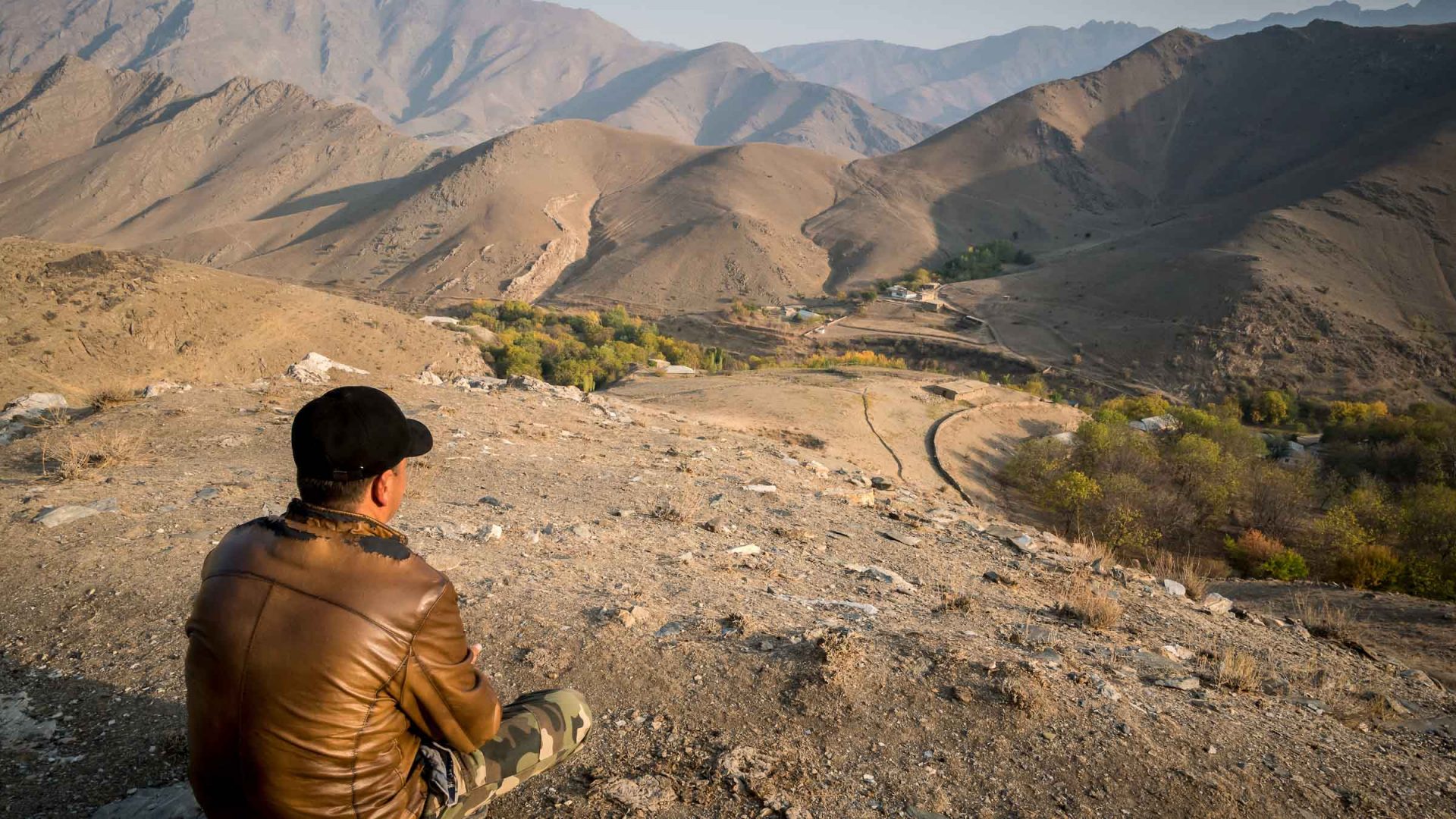This November, Dr. Susanne Etti, Intrepid’s Global Environment Impact Manager, attended the world’s largest climate change conference. Here are Dr. Etti’s reflections on what’s been achieved, what’s failed, and where the travel and tourism industry goes from here.
Last year at COP26 in Glasgow, there was ambition to include a commitment to phase down all fossil fuels, however, this wasn’t achieved. With that in mind, considering the greenhouse gas emissions accounted for transportation in the travel and tourism sector, how is tourism phasing out the burning of fossil fuel when transport plays such an important role?
Travel and tourism currently contributes between eight and 11 percent of global greenhouse emissions. And even with the commitments re-affirmed at COP27, the world remains on track to exceed a 2.7°C future. There is also a lack of ambition for 1.5°C, which represents a bleak future for humanity.
The challenge is to transition transportation away from fossil fuels. We know that some sectors, like aviation, are going to take longer to transition, which is why we need to see rapid investment and innovation in other sectors, such as ground transportation, accommodation and more. It’s a challenge that we at Intrepid are actively addressing by continuing to remove some short-haul flights from itineraries, using e-vehicles for airport transfers in Sri Lanka and Jordan, and creating more human-powered trips involving walking or cycling. All of this contributes to our rapid decarbonization efforts as we work towards a 1.5°C future.
If you’re a travel company and you aren’t already planning for a fossil fuel transition in your business, now is the time to start.









